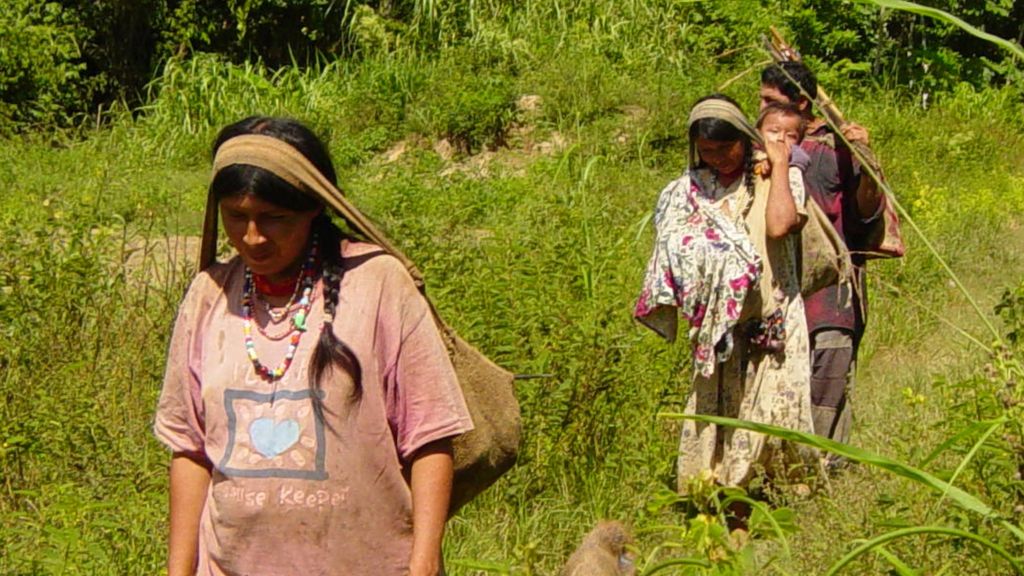'Healthiest hearts in the world' found - BBC News

You will want to learn more about this amazing tribe who researchers say have the healthiest hearts in the world. The tribe in the forests of Bolivia are known as the Tsimane people. Barely any of the Tsimane people had signs of clogged up arteries even well into old age, a recent study showed. The researchers say it is an incredible population who have radically different diets and ways of living. And while the researchers have admitted that the rest of the world cannot revert to a hunter-gathering and early farming existence way of life, there are many lessons the tribe can teach all of us. Tsimane which is pronounced as Chee-may-nay, is a tribe of around 16,000 Tsimane who hunt, fish and farm on the Maniqui River in the Amazon rainforest located in the Bolivian lowlands. The tribe's way of life has similarities to ancient human civilization from thousands of years ago. It took the team of researchers and doctors several flights and a canoe trips to get where this tribe is located.
The tribe's diet includes about 17 percent of wild game to include wild pig, tapir, and capybara. About 7 percent of their diet is freshwater fish to include piranha and catfish. Most of the rest of their diet comes from family farms that grow rice, maize, manioc root similar to sweet potato and plantains which are similar to bananas. Their diet also includes foraged fruit and nuts. That means that their diet includes about 72 percent carbohydrates compared to 52 percent in the United States diet, with about 14 percent from fat compared to 34 percent in the United States. The tribe also consumes much less saturated fat. Americans and the Tsimane tribe both get about 14 percent of calories from protein, but the Tsimane have more lean meat in their diet. The Tsimane also are far more physically active with the men averaging about 17,000 steps a day and the women 16,000 steps. Even the older generation of over 60 years of age have a step count that is over 15,000. Whereas the average American has about 10,000 steps per day. The researchers checked the tribe's hearts and looked for signs of coronary artery calcium or CAC, which is a sign of clogged up blood vessels and risk of a heart attack. By the age of about 45, mostly none of the Tsimane had Coronary Artery Calcium in their arteries while about 25 percent of Americans do. By the time they reach the age of 75, two-thirds of Tsimane are CAC-free compared with the majority of Americans having signs of CAC. The scientists have been studying this group for a long time. These rates are much lower than with any other population where the data exists. The closest rates were Japanese women, but it's still a different ballpark altogether. One theory is that intestinal worms which help to dampen immune reactions could be more common with the tribe and may help protect the heart.
The things that people can learn from this tribe is to have a more holistic approach to physical exercise rather than just on the weekend. Try bicycling to work, and take the stairs more often. The tribe also live in small communities, where life is very social, and they maintain a positive outlook. Eating a healthy diet that is very low in saturated fat and full of unprocessed products, along with not smoking and being active throughout life, is associated with the lowest risk of having furring up of blood vessels.
This is just one of the trending stories you will find on the BBC site. Other stories you will find include world, U.S. and Canada, business, technology, celebrity baby photos, science, earth, travel, celebrity news online and so much more. **
Learn MORE at BBC
To help with slow website load, we have put all photos for this article here: View photo gallery.







